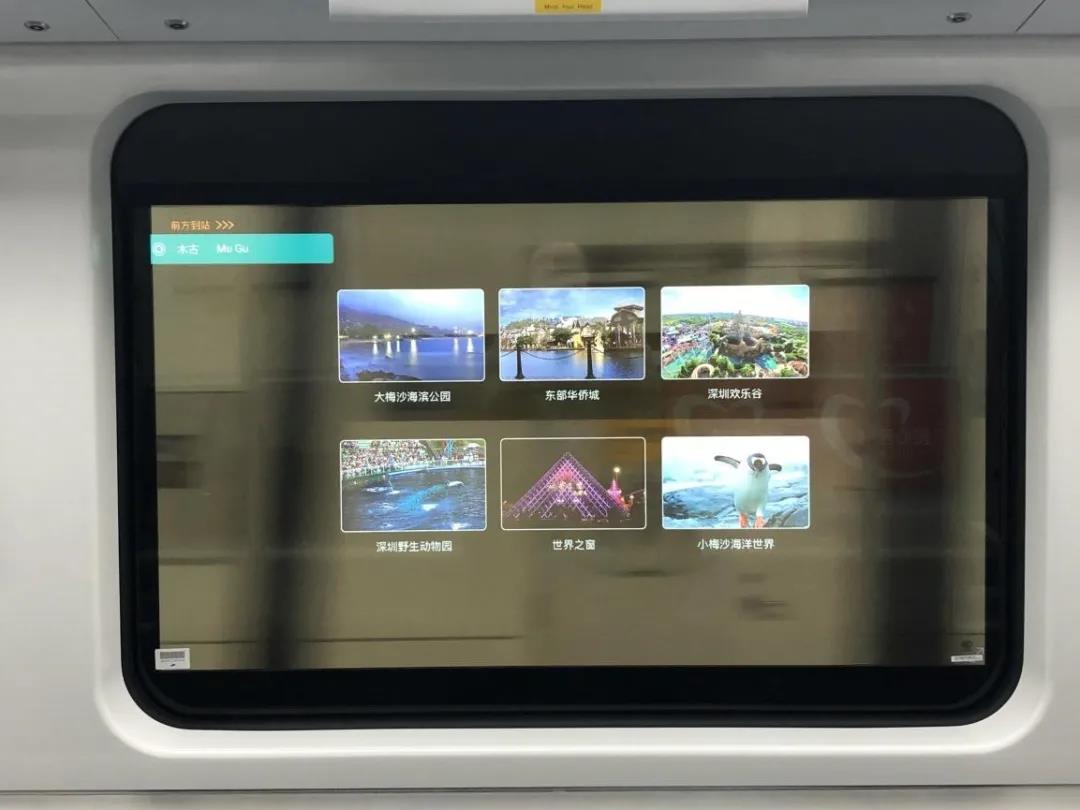
EHang Launches Intelligent Aerial Firefighting Solution



China’s self-developed operating system Kylinsoft V10, which was officially launched on August 13, is to meet the rising needs for a self-reliant and safer operating system.
Developed jointly by China Standard Software Co and Tianjin Kylin Information, subsidiaries of China Electronics Corporation (CEC), Kylinsoft V10 meets the needs of the 5G era and achieves multi-terminal integration by connecting mobile phones, tablets, PCS and other devices, according to CEC’s report.
The Kylin technology can support a large number of Android applications, and has seamlessly transferred more than 3 million Android compatible hardware and software to domestic platforms.
One of the most important things of V10 is that its desktop version has integrated with the Android compatibility ecosystem, which enables users to download and run a huge number of Android applications, Kong Jinzhu, executive president of Kylinsoft, said in his speech at the launch, adding that the Kylin system has received a high recognition and the massive adaption in governmental departments ranges from customs to transport and agriculture.

Liquid Nanoclay– a new innovation produced by Norwegian startup Desert Control. Made with just water and clay, Liquid Nanoclay is designed to be sprayed on sand or sandy soil. It soaks in and attaches to sand particles, boosting water retention and enriching the soil with plant-essential nutrients.According to Desert Control, the mixture increases the fertility of nutrient-poor sandy soils and can reduce water usage by more than half. What’s more, Liquid Nanoclay can turn arid land into arable land in just seven hours, says the company.


The first batch of nuclear-grade zirconium sponge independently produced by a Chinese company was recently shipped to Russia, it was announced on Monday by China National Nuclear Corporation (CNNC) on its official WeChat account.

For a long time, zirconium alloy material used for fuel assembly in domestic nuclear power plants depended on imports, according to CNNC.
This is the first time that China has sent nuclear-grade zirconium sponge of its own in bulk overseas, marking a breakthrough in the country’s nuclear-grade zirconium material exports. It also signals that China’s nuclear-grade zirconium sponge manufacturing has reached the international level, CNNC said.
In the nuclear industry, zirconium sponge is used to produce zirconium alloys for nuclear reactor components, such as the cladding for fuel rods, according to the Zircon Industry Association.

A China-developed vaccine that protects pigs from African Swine Fever (ASF) will soon enter the expanded clinical and production trial stage after previous tests proved effective, moving one step closer to providing immunity for pigs against the ASF virus.
Developed by the Harbin Veterinary Research Institute (HVRI) under the Chinese Academy of Agricultural Sciences (CAAS), the ASF vaccine had shown positive results in previous tests on 3,000 pigs and is expected to be expanded to clinical trials, the Ministry of Agriculture and Rural Affairs (MARA) said on Tuesday.
First diagnosed in Kenya in 1921 and now spreading to many countries, ASF is a highly contagious viral disease that infects only pigs. The epidemic was prevalent in China in 2018 and 2019.
The vaccine trials covered about 3,000 pigs from Northeast China’s Heilongjiang Province, Central China’s Henan Province and Northwest China’s Xinjiang Uyghur Autonomous Region, according to Tang Junhua, the head of CAAS.
Tang said the vaccinated pigs are in good condition and have no obvious clinical adverse reactions, and no obvious pathological changes have been seen in the immunized pigs.

New metro line 10 in Shenzhen turned windows into smart tablets with 1080P full HD resolution, using OLED screens made by CRRC Qingdao Sifang. The metro line opened on Tuesday and will provide 5G services in the future, such as 5G TV broadcast.



Huawei today announced that it has worked with research partners to complete a deterministic WAN innovation trial, achieving the world’s first 100-microsecond delay jitter control over a transmission distance of more than 2,000 kilometers.
According to Huawei, this has laid an important foundation for production control and high-precision services such as ultra-long-range industrial interconnections and high-precision vehicle networking.
Currently, the number of global machine communication connections has approached 30 billion, and is growing rapidly year by year, and is expected to reach 10,000 billion connections in 2035.
According to Huawei, the communication mode and traffic model of intelligent machines will change fundamentally, in which remote control, intelligent manufacturing and other data communication scenarios put forward high deterministic bearing requirements of ultra-low latency and ultra-low jitter on the network.
